With the ongoing evolution of technology, startups and established enterprises frequently find themselves captivated by novel innovations.
While many emerging technologies fade away, NodeJs has proven to be a long-lasting and influential player in the IT market.
In this article, we will explore how NodeJs works and why it has gained widespread adoption among enterprises. Whether you are a beginner or an experienced developer, understanding the benefits of NodeJs can be invaluable in your web development journey.
Welcome to the Real-Time Web Application Development World Using NodeJs
NodeJs has garnered significant attention from enterprises like PayPal, Yahoo, eBay, Netflix, The Mail Online, and Walmart. Even the IoT community has embraced the power of NodeJs for embedded devices and robotics.
What sets NodeJs apart is its ability to create real-time web applications with two-way connections, thanks to its use of push technology over web sockets. This enables seamless communication between clients and servers, making it ideal for developing data-intensive, high-traffic applications such as chat applications.
Various Important Reasons To Embrace NodeJs
1. Speed: NodeJs Delivers Lightning-Fast Performance

NodeJs utilizes the V8 engine developed by Google, which compiles JavaScript into native machine code, resulting in exceptional speed.
Unlike traditional web development frameworks that rely on multiple threads and locking mechanisms, NodeJs follows a single-threaded, event-driven model.
This approach allows it to handle tasks like database operations, network connections, and file system operations swiftly. By leveraging NodeJs, enterprises can build fast, scalable network applications capable of handling concurrent connections with high throughput.
2. Data Streaming: Processing Data in Real Time

NodeJs treats HTTP requests and responses as data streams, which enables developers to process files while they are being uploaded.
This real-time data streaming capability reduces processing time and can be utilized for tasks such as video or audio encoding.
By harnessing the power of data streams, enterprises can build efficient and responsive web applications.
3. Ubiquity: JavaScript Everywhere
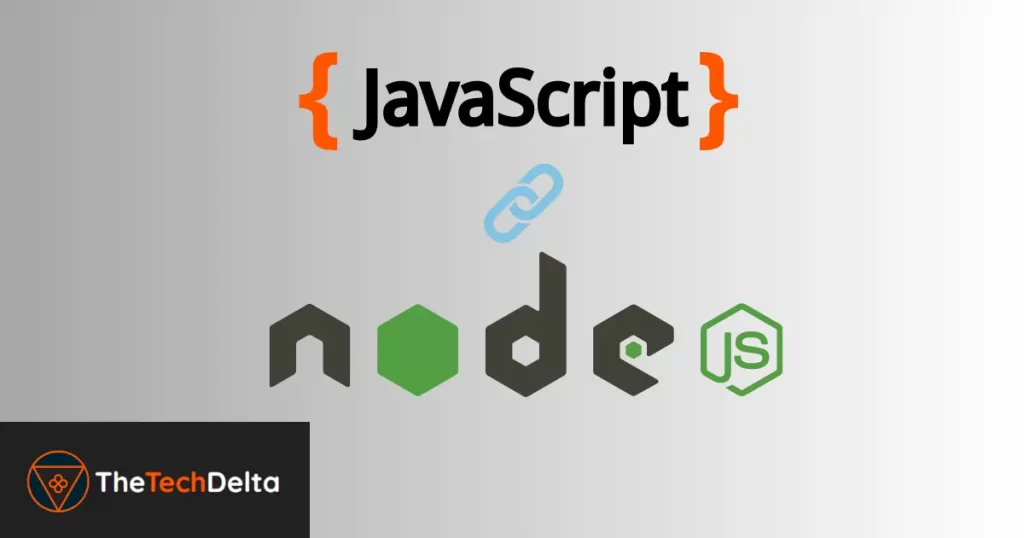
One of the significant advantages of NodeJs is its close integration with JavaScript, which is widely used in both browser and server-side environments.
This means that code written for the browser can be seamlessly migrated to the server using NodeJs. This versatility simplifies the development process and allows developers to leverage their existing JavaScript skills across different platforms.
4. Real-Time Web Applications Simplified

NodeJs excels at building real-time web applications with ease. Developers no longer need to worry about low-level socket programming or complex protocols.
Instead, NodeJs simplifies the development process, allowing developers to focus on creating multi-user real-time web apps, such as games and chat applications. Its event loop, powered by the web socket protocol, eliminates the overhead associated with traditional HTTP-based web development.
5. Database Queries Made Easy
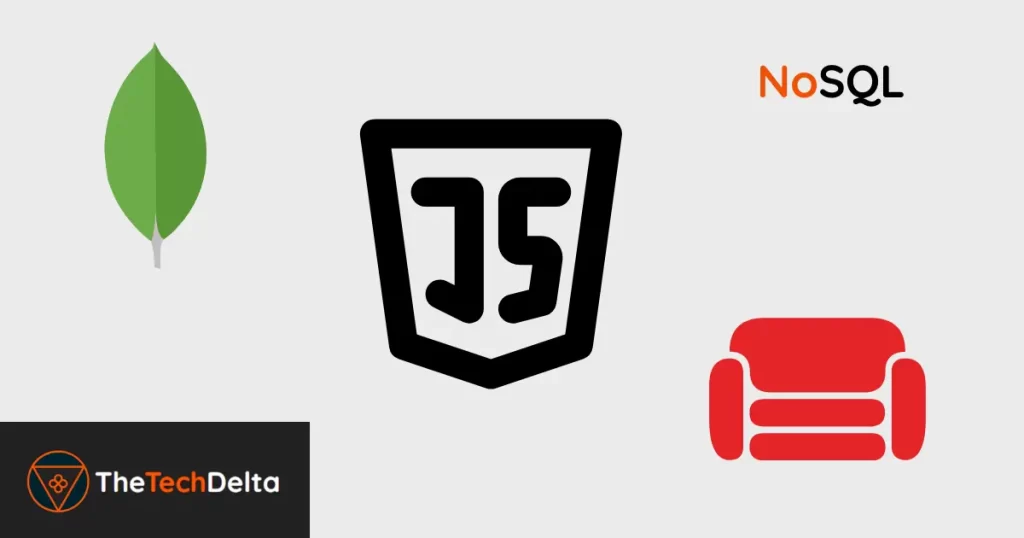
NodeJs works seamlessly with NoSQL databases like MongoDB and CouchDB, as they both utilize JavaScript for writing database queries.
This eliminates the need for developers to switch between different syntaxes and simplifies the integration process. Moreover, NodeJs’s ability to handle JSON data natively ensures smooth and efficient data processing, unlike other frameworks that require additional conversion steps.
6. Single Codebase for Real-Time Applications
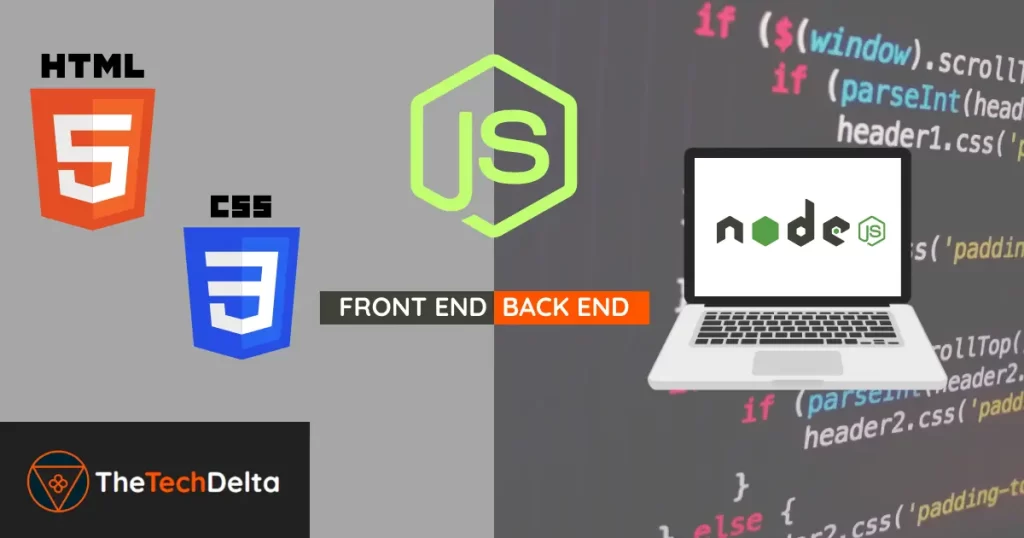
With NodeJs, developers can write JavaScript code that runs on both the server and client sides. This unique feature enables automatic synchronization of data between the server and client, making it easier to build real-time applications.
Frameworks like Meteor take full advantage of this capability by executing the same codebase on both ends. As a result, any changes made on the server immediately reflect in the client, leading to a seamless user experience.
7. Proxy Server Solution

NodeJs can serve as a powerful proxy server, especially when an enterprise needs to communicate with various third-party resources, store videos or images, or collect data from multiple sources.
By utilizing NodeJs as a proxy, enterprises can efficiently manage diverse services with different response times or consolidate data from various sources.
This makes it an ideal solution for enterprises without an existing infrastructure for proxies or those seeking local development options.
8. Increased Productivity

NodeJs promotes increased productivity by allowing developers to use JavaScript for both frontend and backend development. This integration eliminates the traditional silos between frontend and backend teams, streamlining the development process.
Enterprises can merge their teams into a single unit, reducing inter-silo dependencies and enhancing efficiency. PayPal, for example, witnessed a significant increase in developer productivity and faster application delivery after adopting NodeJs.
9. NodeJs Hosting Services

As NodeJs gains popularity, hosting services tailored for NodeJs deployments have emerged. Platforms like Heroku and Modulus offer seamless support for deploying NodeJs applications with just a single command. This ease of deployment contributes to the overall adoption and accessibility of NodeJs.
10. Effective Tooling with NPM
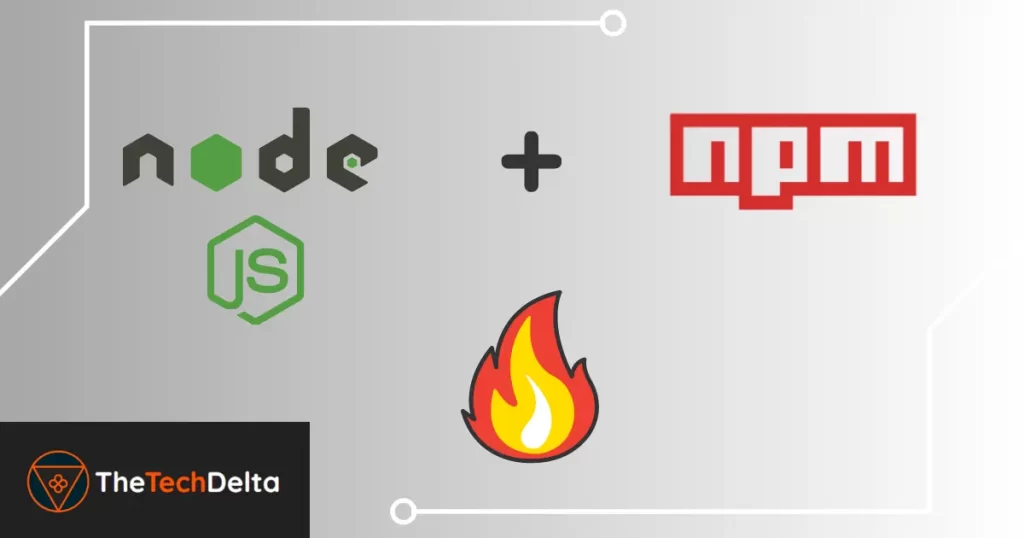
NodeJs comes with a robust package manager called NPM, which simplifies dependency management. With over 60,000 modules available and a rapidly growing community, developers can find the necessary tools and resources to enhance their development process. NPM’s consistency and speed make it an essential tool for managing dependencies effectively.
Conclusion
NodeJs offers numerous benefits that make it an ideal choice for enterprises seeking fast, scalable, and real-time web application development. Its lightning-fast performance, seamless integration with JavaScript, support for data streaming, and simplified development of real-time applications make it a valuable tool for developers.
By embracing NodeJs, enterprises can reduce development time, improve productivity, and create high-performance web applications. With its thriving ecosystem and extensive community support, NodeJs is undoubtedly a technology worth considering for any serious web development project.
Thank you for reading, Till then Happy Learning!
Remember to explore the Guides section for an abundance of invaluable technological insights, ensuring you stay at the forefront of the ever-evolving digital landscape. Follow us on Instagram and Twitter and never miss an update related to the latest and greatest happening there in the tech industry 🔥
Some Important FAQs on NodeJs and the Usage
1. What is the difference between NodeJs and JavaScript ?
NodeJs is a runtime environment that allows you to execute JavaScript code outside of a browser, on the server-side. JavaScript, on the other hand, is a programming language that is used both in browsers and on the server-side with the help of NodeJs.
2. Is NodeJs single-threaded or multi-threaded ?
NodeJs follows a single-threaded, event-driven model. However, it can handle concurrent requests efficiently by utilizing asynchronous I/O operations. This allows it to handle multiple connections simultaneously without getting blocked.
3. When should I use NodeJs?
NodeJs is suitable for building scalable and high-performance applications, especially those that require real-time communication or handle a large number of concurrent connections. It is commonly used for developing web servers, streaming applications, chat applications, and IoT devices.
4. When should I NOT use NodeJs?
While NodeJs is a powerful and versatile platform, there are certain scenarios where it might not be the best choice like If your application involves CPU-intensive tasks like complex mathematical calculations or machine learning algorithms, other languages like Python, Java, or C++ might be more efficient. NodeJs performs best with asynchronous, non-blocking operations, so if your application heavily relies on blocking operations such as synchronous database queries or disk I/O, alternatives that support multithreading may be better. If you have an existing codebase in a different language, it might be practical to stick with your current technology stack.
For tight integration with Microsoft technologies or limited memory resources, NodeJs may not be the most seamless or memory-efficient option. Lack of experienced NodeJs developers or the need for precise control in bidirectional real-time communication are also factors to consider. Assess your project’s requirements and evaluate NodeJs’ suitability for your specific use case.
5. Why is NodeJs used and importantly is it secure ?
The non-blocking, event-driven architecture of NodeJs makes it an excellent choice for efficient handling of concurrent requests. It excels in building fast and scalable network applications, as well as server-side applications.
NodeJs itself is secure, but as with any technology, the security of a NodeJs application depends on how it is developed and deployed. It’s crucial to follow secure coding practices, validate user input, and implement security measures such as authentication, authorization, and encryption to ensure the security of your NodeJs applications.
6. Does NodeJs have good community support ?
Yes, NodeJs has a vibrant and active community. It has a large number of open-source libraries and frameworks available through NPM (Node Package Manager), which can significantly speed up development. The community regularly contributes to the growth of the ecosystem by developing new modules, sharing knowledge through forums and blogs, and providing support to developers.
7. Can I use NodeJs for building desktop applications ?
While NodeJs is primarily used for web application development, you can also build desktop applications using frameworks like Electron. Electron combines NodeJs with the Chromium rendering engine, allowing you to create cross-platform desktop applications using web technologies such as HTML, CSS, and JavaScript.
8. How does NodeJs handle error handling and debugging ?
NodeJs provides robust error handling capabilities, including stack traces, exception handling, and event-driven error handling mechanisms. You can use tools like the built-in debugger, logging libraries, and third-party tools like the NodeJs Inspector and Visual Studio Code’s debugger to debug and troubleshoot NodeJs applications.
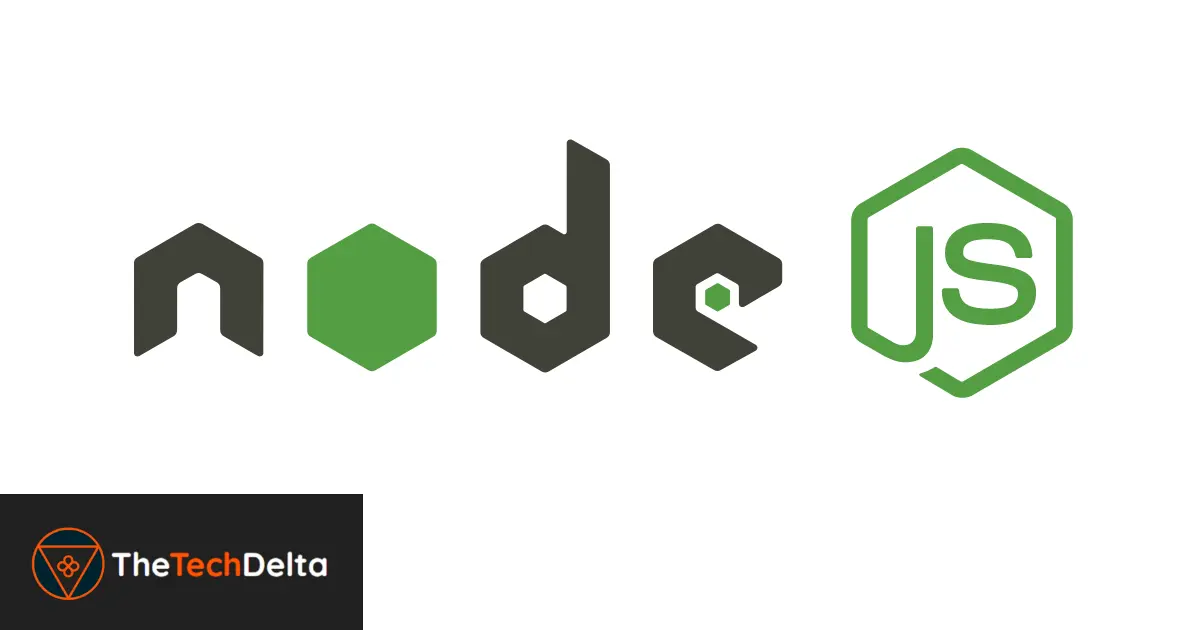



Keep up the great work! Thank you so much for sharing a great post.